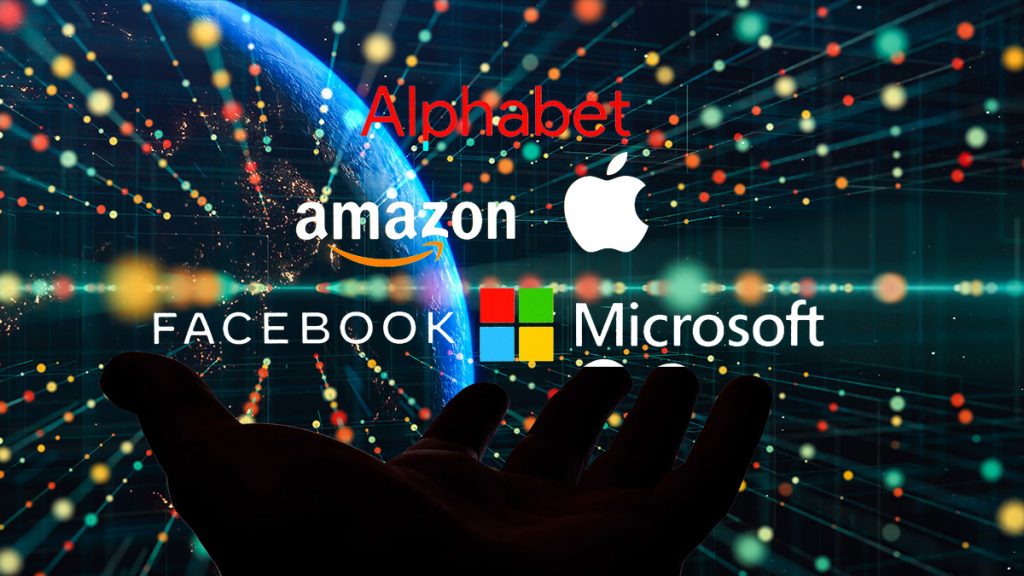Trademark Laws: Enough Protection?
 Trademarks
Trademarks Companies compete for both market share and consumer attention in the tech business, which is highly competitive and fast developing. They frequently engage in trademark wars to obtain a distinct brand to stand out. Securing these trademarks laws, however, can result in legal fights ranging from petty arguments over similar-sounding names to huge skirmishes between corporate behemoths.
Trademarks’ Scope of Protection
A trademark is always associated with the specific goods or services sold to clients who use that brand. You can only register a trademark for a term, phrase, symbol, or design if you precisely identify the goods or services being used. Your trademark is not confined to a single product or service. It can be applied to a wide range of commodities and services, including both goods and services.
Although determining whether you have goods or services can be difficult, you must do so correctly. Consider the following: What do your consumers buy from you? A physical product with your trademark on it? Or do they hire you to accomplish something for them? You have goods if it’s products. You have services if it is actions.
You indicate the scope of use by describing the goods or services your trademark represents in your registration. You have the legal right to prevent others from using the same or a similar trademark without your consent for connected goods or services. Applying for more goods or services than you presently use or expect to use will very certainly result in your application being declined. We may ask if your chosen identity appropriately identifies your goods or services.
Trademarks are an asset
Over time, the value of a trademark might increase. The greater your company’s reputation, the more valuable your brand will be. Trademarks add value beyond the scope of your core business. Trademarks can pave the door for industry expansion, such as from personal care to apparel or eyewear. If you want it, your trademark can lead to the acquisition of your company by a larger entity.
Oracle vs Google
Oracle filed a lawsuit against Google in 2010, saying that the company’s Android mobile operating system infringes on its Java programming language patents. On the other hand, Google claimed that Android was developed in a clean room environment and did not violate any rights.
The United States Supreme Court issued a 6-2 majority judgment in favor of Google in April 2021, declaring that Google’s usage of Java API code in the construction of Android was considered fair use and freed it from any copyright liability. This verdict was a significant victory for Google.
The preceding examples provide unique insights into the complexity of trademark protection, emphasizing the importance of early trademark registration and the potential implications of trademark disputes. While these trade battles are costly and time-consuming, they can serve as important reminders for firms to safeguard their branding.
Bottom Line
The competition in different markets is fierce, especially in the tech scene. While small companies rely on trademark laws to remain protected, the times are evolving. Big names already have established brand names and trademarks, can we ensure fair protection for the small names out there? Or should the trademark laws be revisited and finetuned to ensure ironclad safety?
